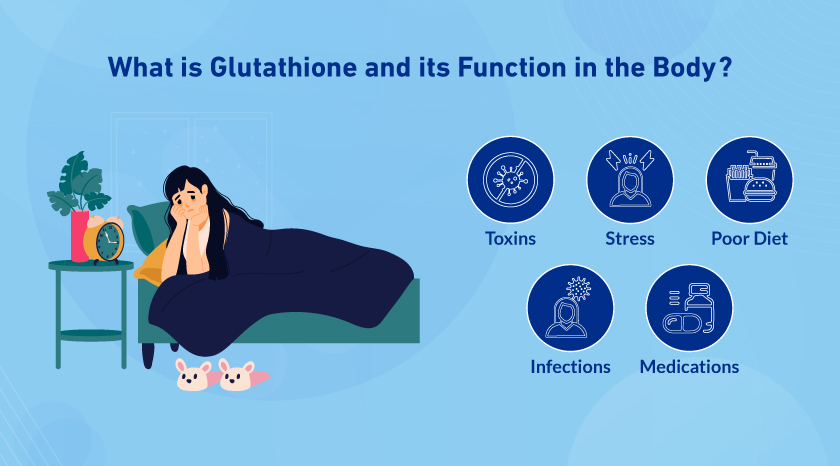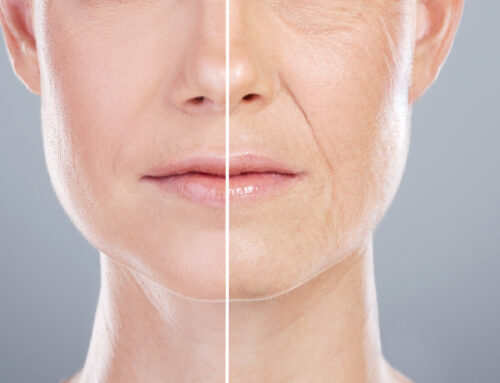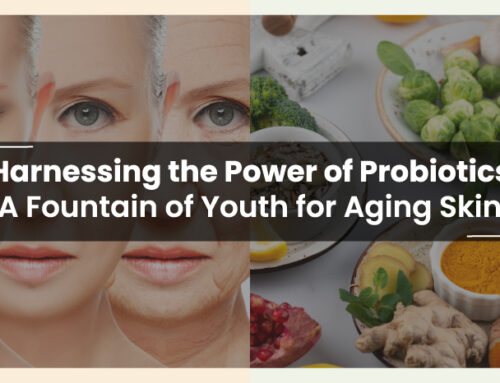Your cells contain glutathione, which is a substance made from three amino acids: cysteine, glutamate, and glycine.
Glutathione acts as an important antioxidant in your body. That means it helps combat free radicals. These are molecules that can damage your body’s cells.
Glutathione plays a role in many chemical reactions in your body. It also helps detoxify chemicals, including some that your body creates naturally, as well as pollutants and drugs.
Your supply of glutathione seems to decrease as you get older, possibly because your body can’t create as much. Lower glutathione levels appear to go hand-in-hand with poorer health. For instance, lower levels may play a role in many conditions that are more likely to develop in older people.
What is the function of Glutathione?
- Glutathione is critical in helping your immune system do its job of fighting infections and preventing cancer.
- Slows down the aging process
- Gets rid of free radicals
- Builds DNA
- Forms sperm cells
- Improves the skin
- Assists regular cell breakdown
- Transports heavy metals out of the body
What Causes Glutathione Deficiency?
Normally glutathione is recycled in the body, but a variety of all-too-common reasons can deplete or offset your body’s glutathione levels and trigger oxidative stress, including:
- Aging
- Trauma
- Chronic Illnesses
- Infections
- Medications
- Stress
- Poor Diet
- Pollutions
- Toxins
Why is Glutathione becoming so increasingly popular?
Glutathione is one of the most talked about supplements in the healthcare industry. Taking glutathione supplements can do a lot more than just reduce your body’s oxidative stress but also reduces the signs of aging and strengthens the immune system.





